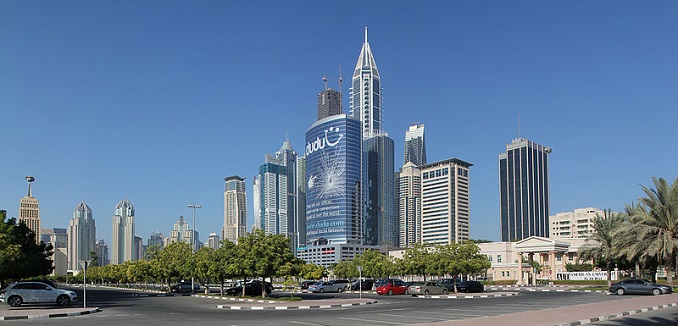The UAE has worked hard – and spent not inconsiderable wealth – on branding Dubai as a cosmopolitan, high-tech, modern metropolis. The region’s legacy of gender discrimination, coupled with a court system that enforces Muslim law, is threatening those efforts. Social media platforms, which have allowed victims to criticize Dubai authorities in ways that are difficult to stifle, have magnified those threats.
Norwegian media is expressing outrage today after a 25-year-old Norwegian woman who was raped in the city on a Dubai business trip was sentenced to 16 months in prison. After reporting the rape to police her passport was seized and she was detained on suspicion of sex outside marriage and drinking alcohol. Then instead of punishing the rapist, a courtsentenced her to 16 months in prison.
Punishing the victim of a rape in Dubai is not uncommon. Recently a 27-year-old Australian, Alicia Gali, was jailed in the emirate for eight months after reporting she had been drugged and gang-raped.
Meanwhile recently uploaded YouTube footage – viewed nearly 200,000 times and embedded below – showed a government officer assaulting an Indian van driver for an unspecified offense. The motorist, an Indian national, was then sued by the assailant’s family for “defamation and insult.” He was even arrested by authorities.
Dubai is also in the news for trying to push discriminatory policies beyond the country’s borders. On Thursday details emerged that the Dubai-based Emirates airline had agreed to provide $54 million in sponsorship money to build London’s popular Thames cable car. There were two conditions: that no Israelis be involved in the project and that London Mayor Boris Johnson not criticize the UAE. The mayor has instructed transport authorities to remove the two offending clauses.
[Photo: Donaldytong / Wiki Commons]




